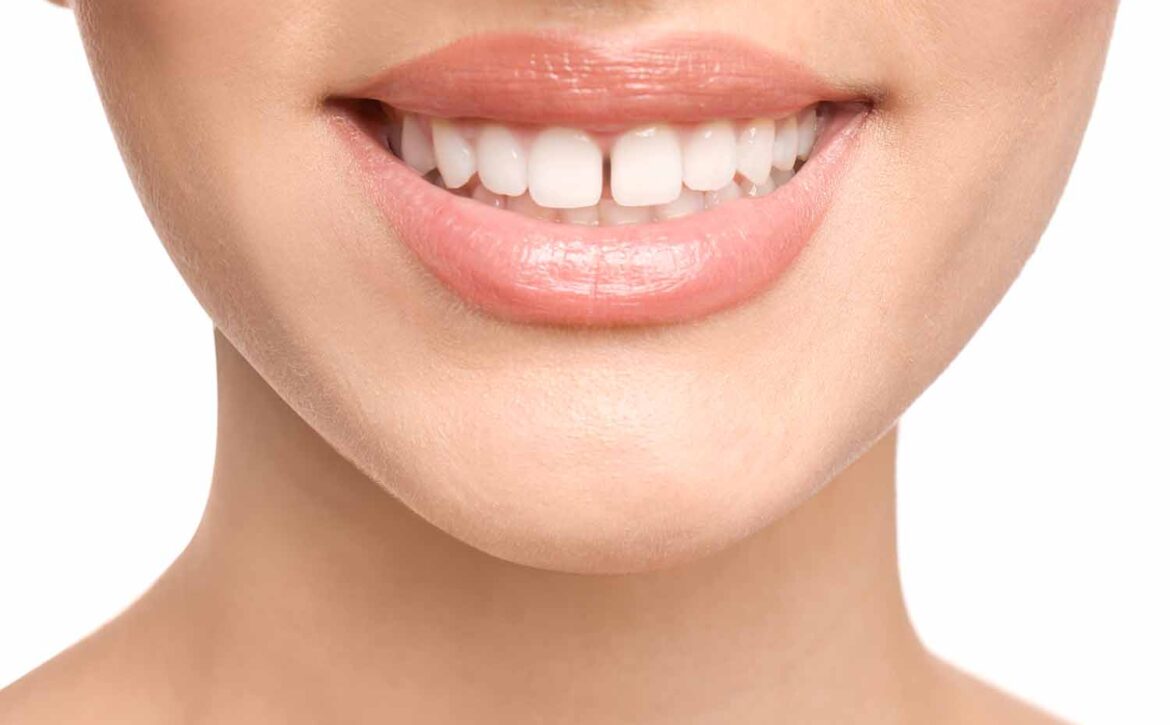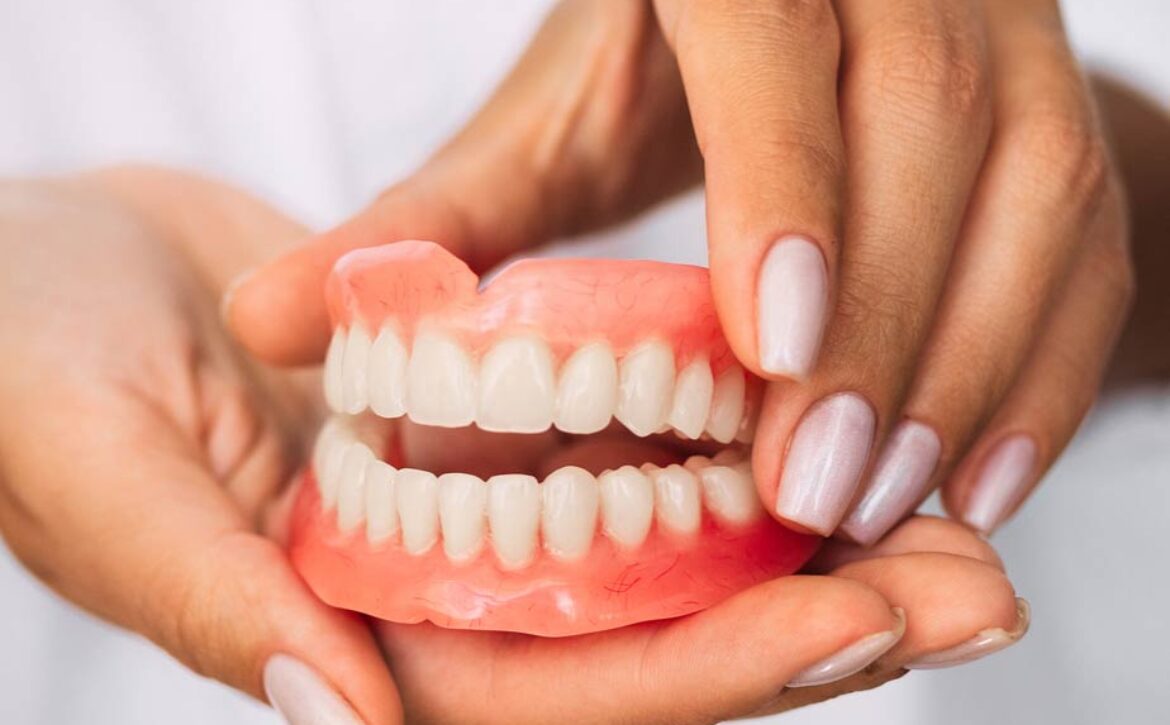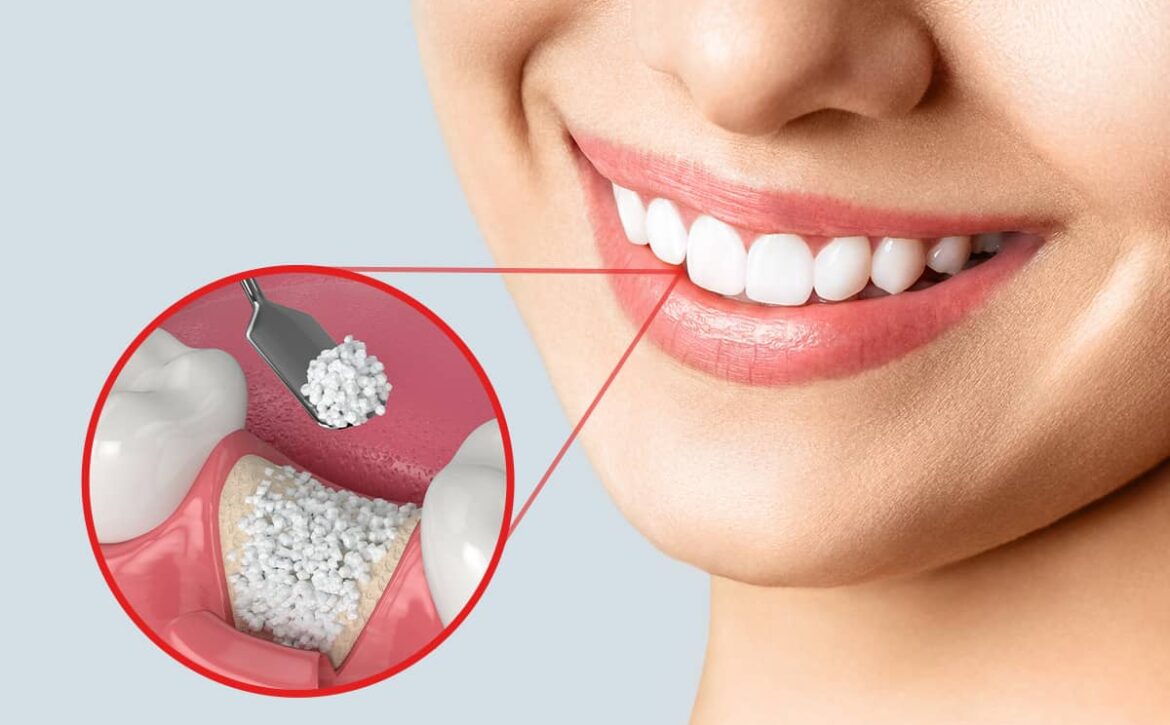Can Dental Veneers Fix a Gap Between Teeth?
Oftentimes, people find it hard to smile by showing their teeth due to the insecurity of having gaps between the teeth. If you are among those people then we are here to help you embrace the tooth gap by concealing it forever using dental veneers. Read below to find out how dental veneers can fix the gap between your teeth so you could smile without a reason or hesitation.
What Are Dental Veneers?
Dental veneers also known as laminates are a good way to fix worn or shortened teeth. These are used as an effective product in the aesthetics of damaged teeth to restore the functioning and appearance. These are made of glass ceramics such as lithium disilicate or porcelain. Custom veneers are generally made of porcelain shells that are ultra thin and light to support the front of your teeth and blend in perfectly.
Porcelain Veneers
Also known as instant orthodontics, due to their fast and effective application with mild to moderate dental floss, porcelain veneers are the best way to improve the appearance of your teeth naturally without the gruesome procedures. Not only do they prevent and minimize the gaps between the teeth, but also improve the oddly shaped or uneven sized teeth, they heal teeth with chipping or cracked enamel and also prevent discolored or stained teeth.
These veneers are a comprehensive solution that do not require long hefty and painful process of old fashion wired braces and do the job in a quick, easy, and effective way. Highly durable and comfortable, porcelain veneers can last up to 12 to 15 years. A good oral hygiene with regular brushing and flossing can improve the health of your teeth without breaking the veneers.
There is another type of veneer that is made of resin also known as composite Venice. These are shaped and bonded to the tooth to restructure and enhance the appearance of your teeth. These are temporary veneers and are used to fill gaps and protect broken teeth.
Does the process hurt?
The process of hearing usually requires 3 to 4 appointments to your dental clinic where the first session involves the consultation to determine the type of veneer that is suitable for your teeth from glass ceramics, composite, or porcelain.
Your dentist will examine your teeth health and determine whether you should consider having teeth veneers. If you have unwanted gaps between your teeth or permanently discovered or stained teeth or your teeth are cracking or chipping down then only the veneer procedures can be carried out to improve your oral health.
The next step or the second appointment usually involves trimming down just about a half millimetre of your teeth to get a mold impression of your teeth and create an actual veneer for the support. Third appointment will be to carry out the veneering process by fitting the structures to your teeth and hardening it with the UV light to keep it in place. You can further choose to visit your dentist if you feel discomfort whereas experiencing mild gum soreness is a normal response to the procedure.
How are veneers different from implants?
A point to keep in mind is that veneers are completely different from tooth or dental implants. Veneers are made to protect the front surface of the tooth while tooth crown and plants replace the entire tooth that is either lost or broken due to rapid bone loss, injury, or a disease.
Conclusion
Whether or not you feel hesitant to show your broken or irregular shaped teeth, veneers are an ultimate confident booster that allows you to smile as long as you want without a single worry or hesitation. Most importantly the fast and effective fixtures give you anything, but a natural smile to flaunt that is highly durable and strong.
Maintaining good oral hygiene is your part of the job which you can do by regularly flossing and brushing your teeth after every meal to maintain the veneers for a long time. For any more queries, visit your nearest dentist center for a quick consultation and effective solution.










